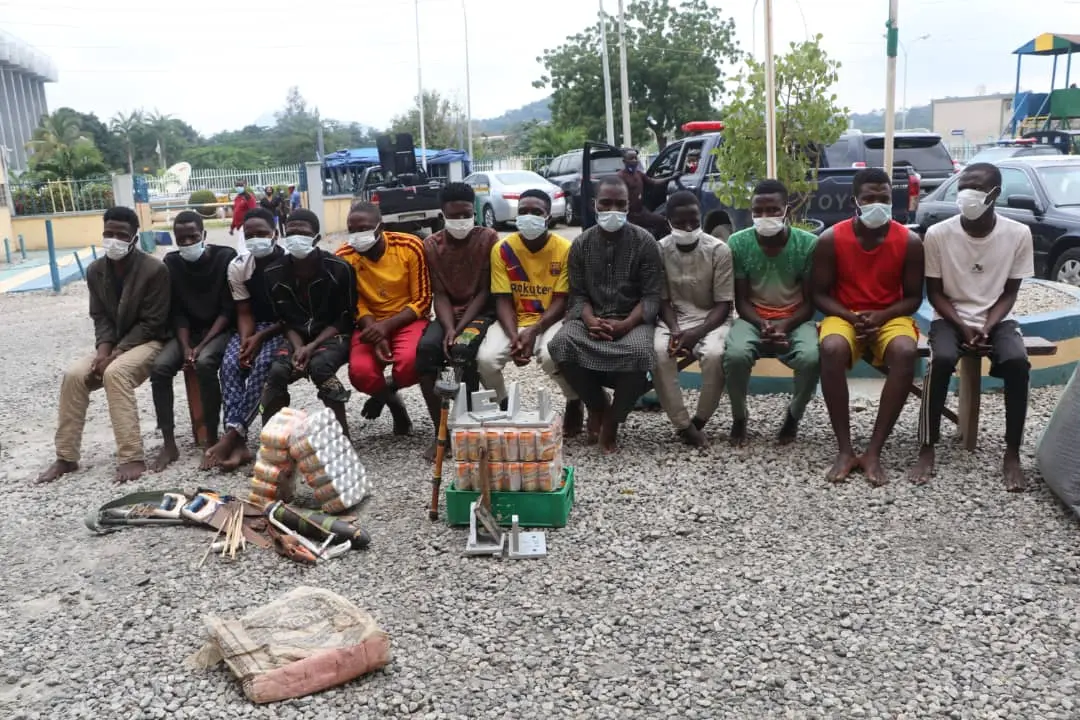A recent report by SBM Intelligence titled: “Inside Nigeria’s Hostage Capital: Unravelling the Economic Impact of Abuja’s Kidnap Epidemic” reveals a significant 33 per cent decline in the revenues of businesses in Abuja between January 2023 and January 2024 due to the escalating incidents of kidnapping and insecurity.
The economic impact outlined in the report encompasses several factors, including increased costs in transportation and rent in upscale areas, a surge in estate security fees, reduced business revenue, and financial losses incurred through ransom payments.
The downturn in economic activities, particularly in nightlife entertainment at hangout spots and recreational centers, contributed to a decline in revenue for businesses.
Many individuals and businesses are now opting to close early, as early as 5 pm to 6 pm, to mitigate the risk of insecurity, leading to the overall 33 per cent drop in revenues.
Impact on Housing Costs:
The increase in criminal activities, especially kidnappings, has led to a decrease in property values, particularly in areas like Bwari and its vicinity.
Landlords in these areas are experiencing consequences as people are moving away. Conversely, rents in affluent and more secure areas are rising as more residents migrate from high-risk areas.
Impact on Transportation:
Transportation fares have surged by 100 per cent to 250 per cent due to the ongoing crisis. The popular public transport service ‘Along’ has become a target for ‘One Chance’ criminals, prompting residents to opt for safer alternatives like Bolt and Uber.
Security Fees and Gadgets:
Residents in crime hotspots experience increased security fees, up to 20 per cent in the past year. Additionally, individuals invest in more security gadgets like CCTV cameras to enhance their safety.
The SBM report indicates that approximately 283 individuals were abducted between January 15, 2023, and January 15, 2024.





